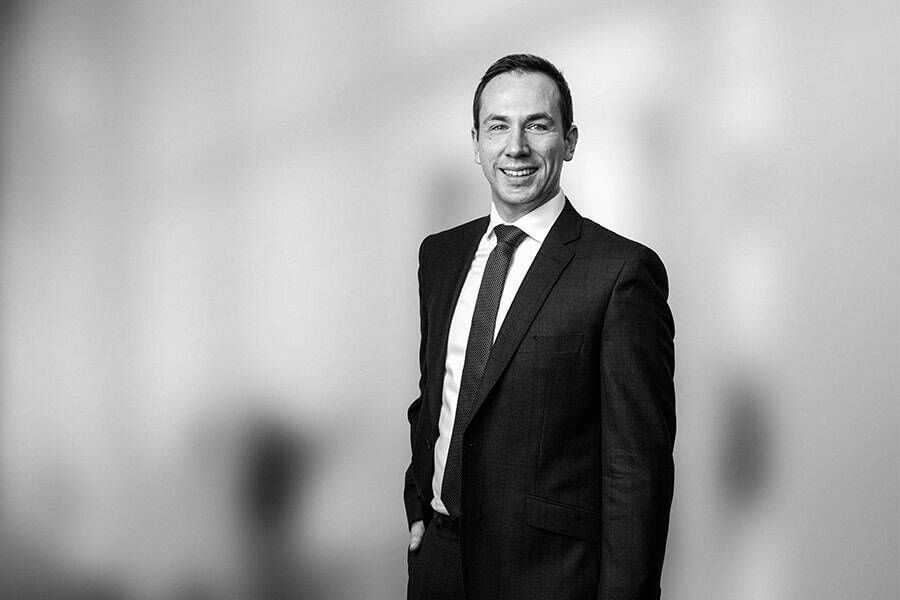Humanity has always dreamed of extending life and healthspans. Longevity science is quickly turning that dream into reality. From breakthroughs in gene therapy to cellular reprogramming and rejuvenation biotechnologies, innovators are reshaping what it means to age.
But as the science accelerates, so too do the challenges – complex regulatory landscapes, ethical debates, investment risk, and the need for robust intellectual property strategies to protect transformative technologies. At Mewburn Ellis, we work alongside pioneering longevity companies, investors, and researchers to help navigate these opportunities and build future-proof IP portfolios.
Spotlight on:
Longevity
Redefining the Future of Aging
Longevity at a Glance

Global longevity economy projected to exceed $27 trillion by 2030

Booming investment in age-related disease therapies, regenerative medicine, and AI-driven diagnostics
.png?width=100&height=100&name=Untitled-18%20(1).png)
Convergence of biotech, genomics, and computational biology driving unprecedented progress
From “collecting birthdays” through extreme human lifespan research to reducing the biological hallmarks of aging by 50%, longevity science is no longer science fiction: it’s a vibrant innovation ecosystem.
Key Themes in Longevity Innovation
Gene Therapy & Cellular Reprogramming
Longevity science increasingly focuses on the root causes of aging. Gene therapies that target senescent cells, telomere shortening, and mitochondrial dysfunction are redefining the future of healthy aging. Our analysis of Gene Therapy and Longevity highlights how these interventions are bridging the gap between regenerative medicine and real-world longevity gains.
The Longevity Investment Landscape
Visionaries like Jim Mellon are reframing aging as a treatable condition rather than an inevitable decline. As The Reluctant Gradualist Taking on Ageing shows, the sector is attracting unprecedented funding but also faces scrutiny over timelines and commercial viability.
Extreme Longevity & Ethical Questions
What does it mean for society if humans routinely live beyond 120 years? As explored in Collecting Birthdays, the push for radical lifespan extension brings regulatory, ethical, and economic questions that innovators must address alongside scientific progress.
Measuring Progress: From Biomarkers to Biological Age
The future of longevity depends on accurate measurement. Technologies that track and reverse biological age are moving into the clinic, but require strong IP strategies to safeguard competitive advantage.
Read our Blogs

Ozempic and the Anti-Ageing Opportunity
by Katherine Collins
Semaglutide, a GLP-1 receptor agonist (GLP-1RA) best known by its brand names Ozempic and Wegovy, has already reshaped the treatment landscape for type 2 diabetes and obesity. However, compelling new ...

Longevity Deals and IP Strategy
by Katherine Collins
The recent announcement that Roche-backed Chugai Pharmaceutical has partnered with Gero to tackle age-related disease is the latest in a series of collaborations signalling growing interest from ...

Gene Therapy and Longevity: Transforming the Future of Healthy Aging
by Katherine Collins
Building on the success of gene therapies in treating rare diseases, the field is now rapidly evolving into a cornerstone of longevity science. By targeting the biological mechanisms of aging at the ...

Collecting Birthdays: Unveiling the Secrets of Extreme Human Longevity
by Emily Garnett
When 117-year-old, Maria Branyas Morera died in August last year, she was the world’s oldest living person. Born in San Francisco on 4 March 1907, Branyas lived her early years in the US before her ...

Unlocking immortality: the innovations driving human longevity
by Sean Constable
Science has made great strides in dramatically increasing life expectancy. In the 1900s, the average life expectancy at birth was around 45 to 50 years, while today there is a global life expectancy ...

‘It’s a 50% reduction in ageing’
by Adam Gregory
Singapore startup VVB Bio promises a dramatic reduction in ageing via a single jab. Now out of stealth mode, its founders reveal the science behind their breakthrough.
How We Support the Longevity Ecosystem
We help scientists, start-ups, scale-ups, and global pharma navigate the unique IP challenges in longevity technology. From securing patents for novel gene-editing tools to advising on freedom-to-operate and licensing strategies, we provide clear, commercially-focused guidance.
Our expertise spans:

Advanced gene therapies and regenerative medicine

Senolytics and other age-targeting small molecules

AI and data-driven longevity diagnostics

Global IP strategies
We combine deep scientific understanding with a commercial lens to help longevity innovators move from discovery to impact.
Let’s Shape the Future of Aging – Together
If you’re working to redefine what it means to age, we’d love to help you protect and scale your innovation.
Contact us to discuss how we can support your journey in longevity science.

Mewburn Ellis
FORWARD MAGAZINE
Mewburn Ellis Forward is a biannual publication that celebrates the best of innovation and exploration. Through its pages we hope to inform and entertain, but also to encourage discussion about the most compelling developments taking place in the scientific and entrepreneurial world. Along the way, we’ll engage with the IP challenges that international organisations face every day.




